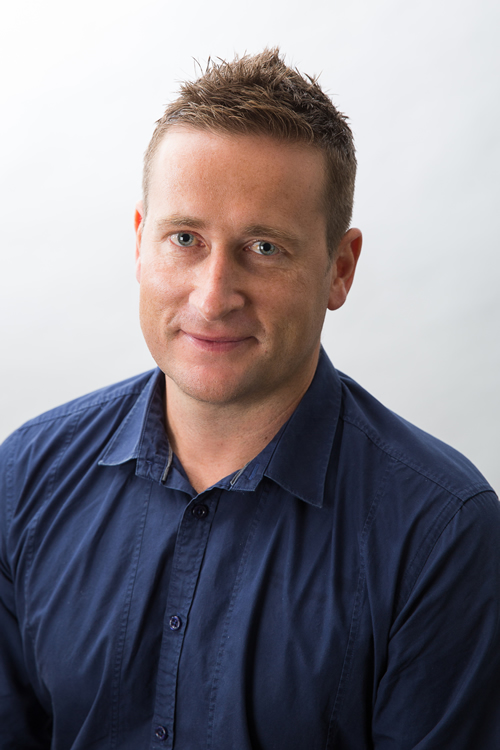Betrayal is in the journalist toolkit. You've got your notebook, you've got your recorder and you've got your sense of betrayal. — Steve Braunias
Given that crime fiction is one of the more well-thumbed genres in the library, I'm not surprised that true crime is equally popular. Whether it's because we're attracted to extreme circumstances, because we're appalled by violence inflicted on the innocent, or because of our voyeuristic tendencies — all theories floated by at the True Crime session — the only sure thing is that the trials of Teina Pora, Mark Lundy and David Bain were all avidly followed and judged by many.
Is the role of media in true crime positive or negative?
Steve Braunias asserted that crime is now under-reported, with many potentially high-profile trials going unnoticed due to a lack of journalists dedicated to the subject. Media can be helpful in uncovering critical evidence, specifically in identifying Teina Pora's foetal-alcohol disorder in the Pora trials, according to Tim McKinnel. Both mentioned the disconnect between what is actually happening in the courtroom compared with what is reported the next day. People can also form completely different opinions based on the same evidence (e.g. did David or Robin Bain do it?). (Post your theories in the comments.)
Do you have faith in the jury and police system?
McKinnel voted yes to the jury, as it is more democratic than any alternative, but found the police variable. He prefers to make judgements based on individual officers rather than judge the police force as a profession.
Braunias agreed less enthusiastically, mentioning a number of trials where he considered the jury's verdict led by spite, ignorance and/or hysteria.
Other highlights:
- Jarrod Gilbert reading from Scene of the Crime, in which Braunias makes a sometimes boring and lengthy murder trial vivid and interesting. I especially enjoyed the descriptions of the Jailhouse Snitch, an almost stereotypical character who seems to have popped up on more than one occasion.
- Braunias describing the faces of various professions. McKinnel has a cop face — guarded, concealed hurt; Gilbert sports an academic face; and Braunias himself, of course, a journalist's: shrewd, rat-like and optimistic.
- Braunias's impressions of David Lundy. Not very likeable as a human being, not a good man, guilty regardless of whether or not he committed the murders. I have no opinion on his culpability or otherwise, but it did remind me of a blog post I re-read recently by author Shannon Hale, on the myth of the innocent victim. It's uncomfortable to think that bad men can be innocent of the crime they've been accused of, just as we will rack our brains for reasons why violent crime might happen to an otherwise upstanding young woman, because we can't possibly just blame the perpetrator and leave it at that. (But I digress.)
The session ended on a relatively positive note, with Gilbert mentioning the decrease in crime in New Zealand despite impressions to the contrary. Hopefully soon the most violent crime in the country will be limited to Paul Cleave's latest novel.
Find books in our collection by:
Read In Dark Places The Confessions of Teina Pora and An Ex-cop's Fight for Justice which features Tim McKinnel.





Add a comment to: True Crime – WORD Christchurch